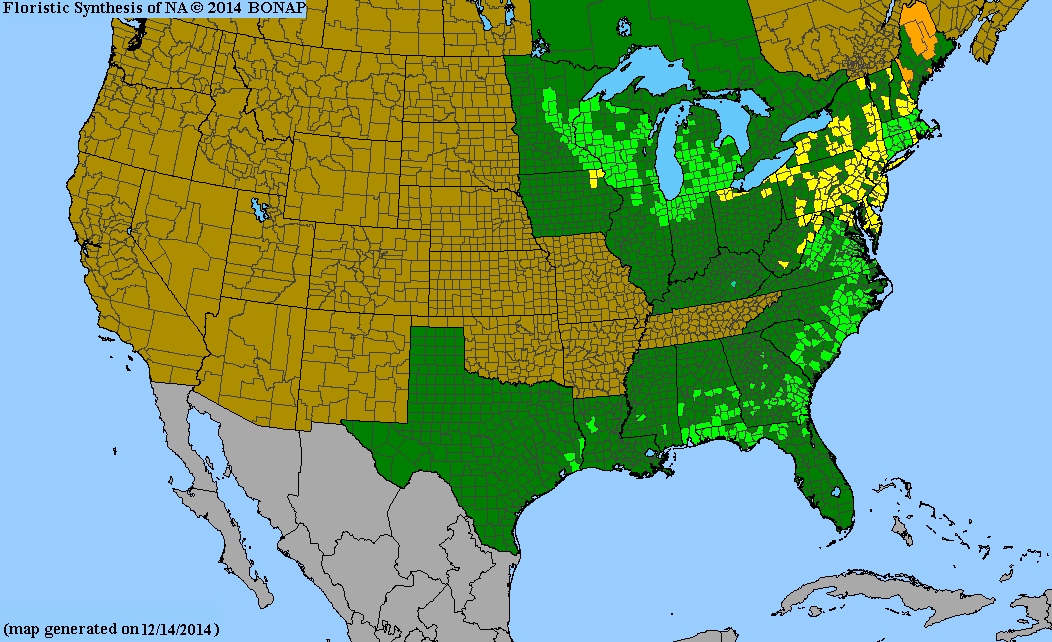Blue Lupine
This US native wildflower offers a spike of beautiful blue pea-like flowers, the banner petals sporting a white accent. The leaves are a silver-green, and serve as food for several species of butterfly caterpillar. Wild Blue Lupine is the exclusive food of the endangered Karner Blue butterfly caterpillar. The plant's range is in decline, although it can tolerate a wide range of temperatures. It favors sandy soil.
Its tough seed coat requires abrasion, and we do scar the each seed prior to incorporation into the seed ball. Because of the tough seed coat, late fall/early winter is a good time to plant these seed balls.
You can adjust quantities in your cart.
Hey! Shipping to Continental US locations is free!
Shopping Options
We also offer our most popular seed balls and supplies at these fine and familiar online stores:Square Market
Amazon Listings
Ebay
WebStorePlace
Or, you can call in your order (814.360.5039), or pay by check. Just email me what you'd like and I will reply with an invoice.





 Benefits:
Benefits: 



